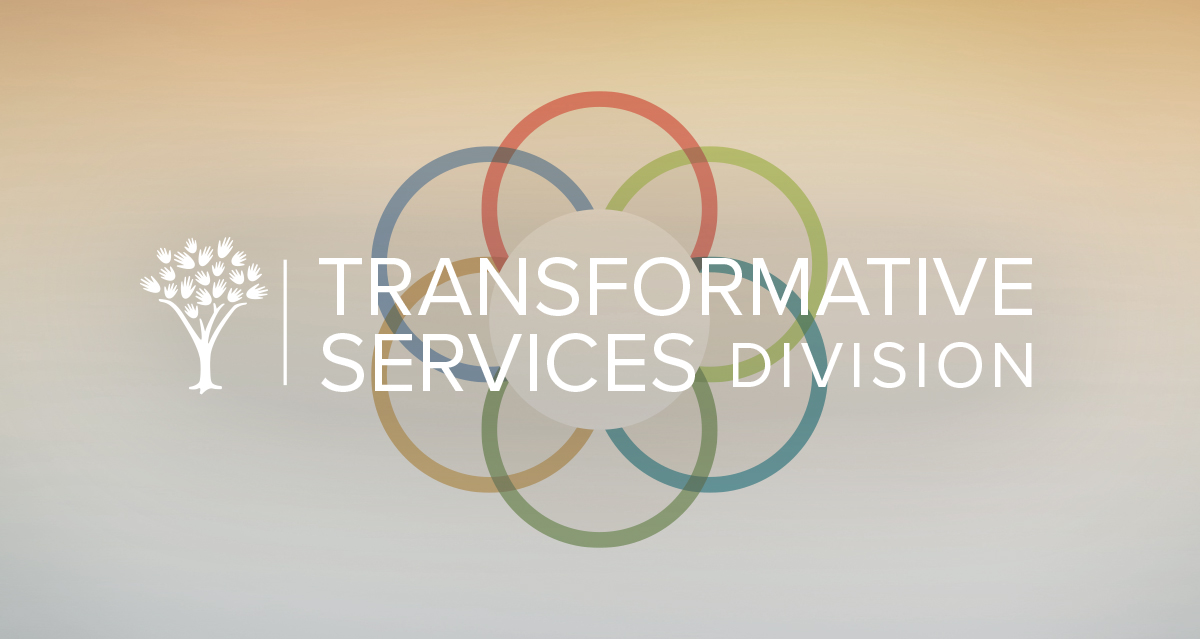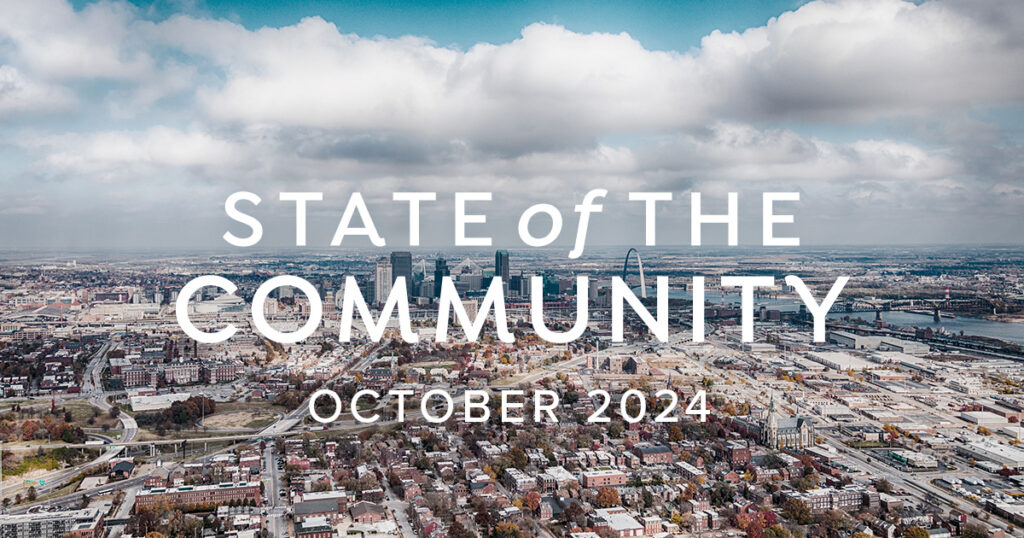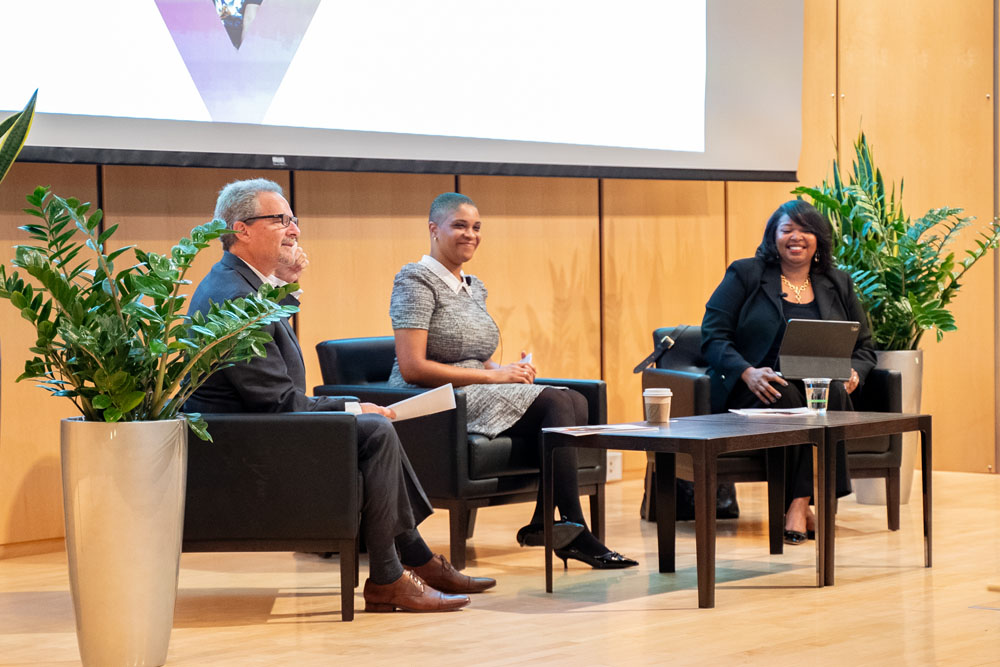When we think of community transformation, we tend to focus on the most visible aspects, such as homes, buildings, parks, and a community’s overall appearance.
But the human element is just as important. After all, a community is comprised of people. A community, or a metro region for that matter, can only be as successful as the residents who live within it. If people are not able to improve their lives, a physical transformation is only superficial.
This is why bringing more St. Louisans into the economic mainstream is so important—both for transforming our under-resourced communities and creating a more successful region for all.
The Transformative Services Division is the next evolution of Beyond Housing’s holistic services designed to strengthen families. The division was created to improve outcomes by centralizing the delivery of these services to better support individuals and families along their journey toward stability, self-determination, and economic mobility.
A perfect fit
Chief Transformation Officer (CTO) Jaclyn Belt brings a unique combination of experience to her role—academically, professionally, and personally.
Her resume includes a master’s degree in public policy administration with an emphasis on policy research and analysis and program design and evaluation as well as previous roles in education and in the social service sector.
But from a personal standpoint, when she talks about transformative services, she shares something more poignant: “If you’re experiencing poverty,” she explained, “it is profound to have someone dedicate time to walk alongside you and navigate systemic barriers with you.”
In her new role, Belt utilizes all facets of her background—her family life, her early employment history, her academic endeavors, and her initial roles at Beyond Housing. As CTO, she oversees the Transformative Services Division, which includes the newly established Transformative Services Department as well as the long-established Education Department. She also provides oversight and leadership for the Evaluation and Learning Department and the Government Relations and Community Engagement Department.
“When you put all that together, it reflects the trajectory that I’ve been following,” she said.” It’s really a perfect fit.”
The intersection of housing, education, policy, and research
Belt can identify with families who receive support in making housing affordable because she has fond memories of growing up in subsidized housing through age 5. Then came another set of experiences where housing insecurity was at the forefront.
She understands the long-term desire for improved circumstances that prompted her parents to leave subsidized housing and rent a single-family home. However, the house had so many unresolved issues that it was eventually condemned by local officials. The family had to move without warning, prompting a period of homelessness. “I can relate to what it’s like being a child in sub-par housing,” Belt said. “Those memories propel the work that we do. It’s intimate to my own experience.”
Housing continued to be at the forefront of her consciousness as a young adult. While in college, she worked as a direct support person in a residential setting for adults with disabilities. During that time, she came to realize that many of their needs could have been addressed earlier in life. That awareness prompted her to study special education at Southern Illinois University – Edwardsville and then to join the teaching staff in the Edwardsville School District.
She quickly discovered that special education is a very policy-heavy field, which led her into the public policy administration program at the University of Missouri – St. Louis. After earning her master’s, she continued to work in social services, handling administration, program management, and direct support around disability services for adults living independently.
In 2022, she joined Beyond Housing’s Evaluation and Learning Department. “I joined the organization as Program Improvement Manager, and after a year I was promoted to Director of Program Design and Evaluation,” Belt said. “My initial task at Beyond Housing was identifying breakdowns, analyzing them, coming up with multiple solutions, and collaborating with senior management to work through the solutions best suited to spur the organizational strategic objectives and our broader mission.”
Providing transformative services
Belt’s arrival coincided with an initiative within Beyond Housing to shift its service delivery model with the goal of retaining the emphasis on strong, dynamic relationships while offering more well-defined roles and routines for client-facing staff.
The Transformative Services Department was established to:
- Centralize service delivery staff into six service specializations.
- Standardize the service delivery model to better facilitate evaluation and learning.
- Routinize service delivery with a deeper, wider focus on holistic well-being and economic mobility.
The department centralizes the service delivery of six service specializations:
- Housing stability
- Career development
- Financial empowerment
- Health
- Entrepreneurship
- Homeownership
Now, Belt explains, a greater emphasis is being placed on case management (vs. crisis management) in a model designed to influence a change in the knowledge, attitude, skills, and aspirations of those served and to acknowledge the interconnectedness of needs among individuals, families, and communities.
Throughout the internal restructuring to a cross-functional team, Belt said it was imperative for staff to retain their subject matter expertise even as they learned new skills or were promoted to new roles. There’s also a renewed commitment to being excellent social service providers, a standard to which Beyond Housing has historically held itself.
Other shifts involve opening services to all residents of the 24:1 Community and strengthening Beyond Housing’s crisis referral network so people can immediately contact the organizations that are best equipped to assist them with specialized care and support.
While the Transformative Services Department is still in its early implementation and learning stage, the goal for 2024, is to serve 550 clients, prioritizing the depth of services provided. Quality, and not quantity is the primary focus.
Belt looks forward to the process of gathering and analyzing data, then using it to further strengthen the new service delivery model in the coming years. Belt offers this metaphor as a frame: “Instead of counting the number of bandages we hand out, we’ll be able to ask more interesting and efficacious questions. Did the bandages stick? Did they stop the bleeding? Is the bleeding happening now? Did the wound heal? Ultimately, we’re interested in all the deeper, contextualized questions about our community’s well-being.”






